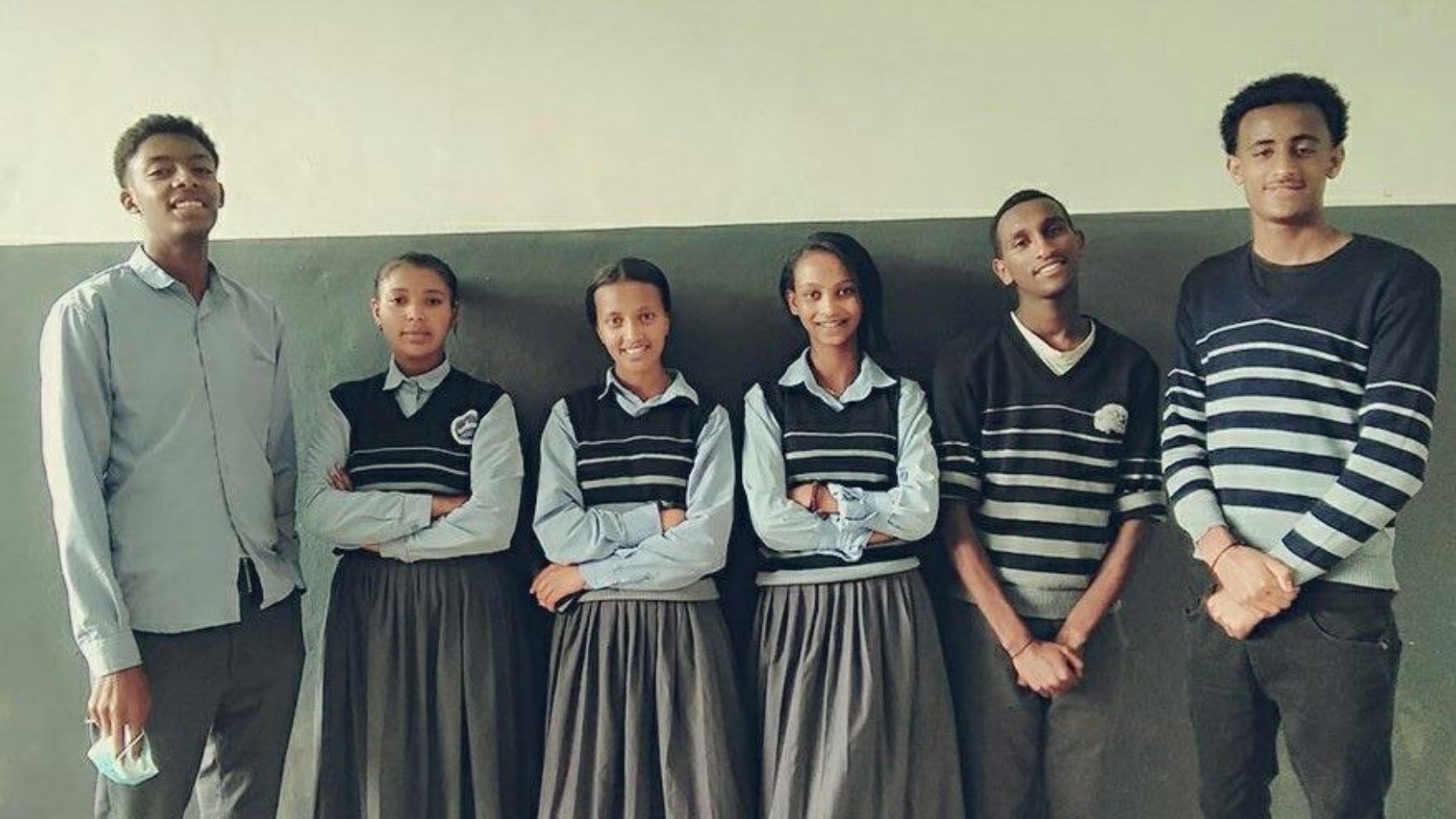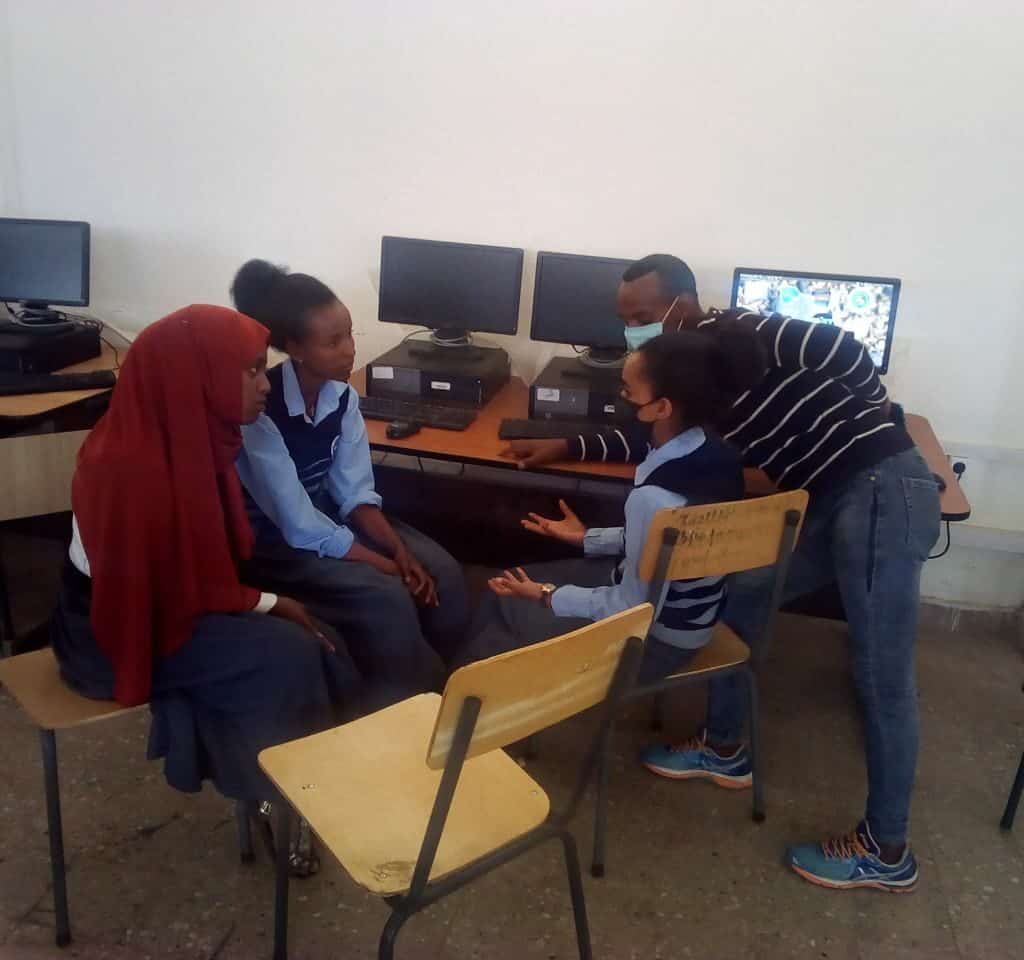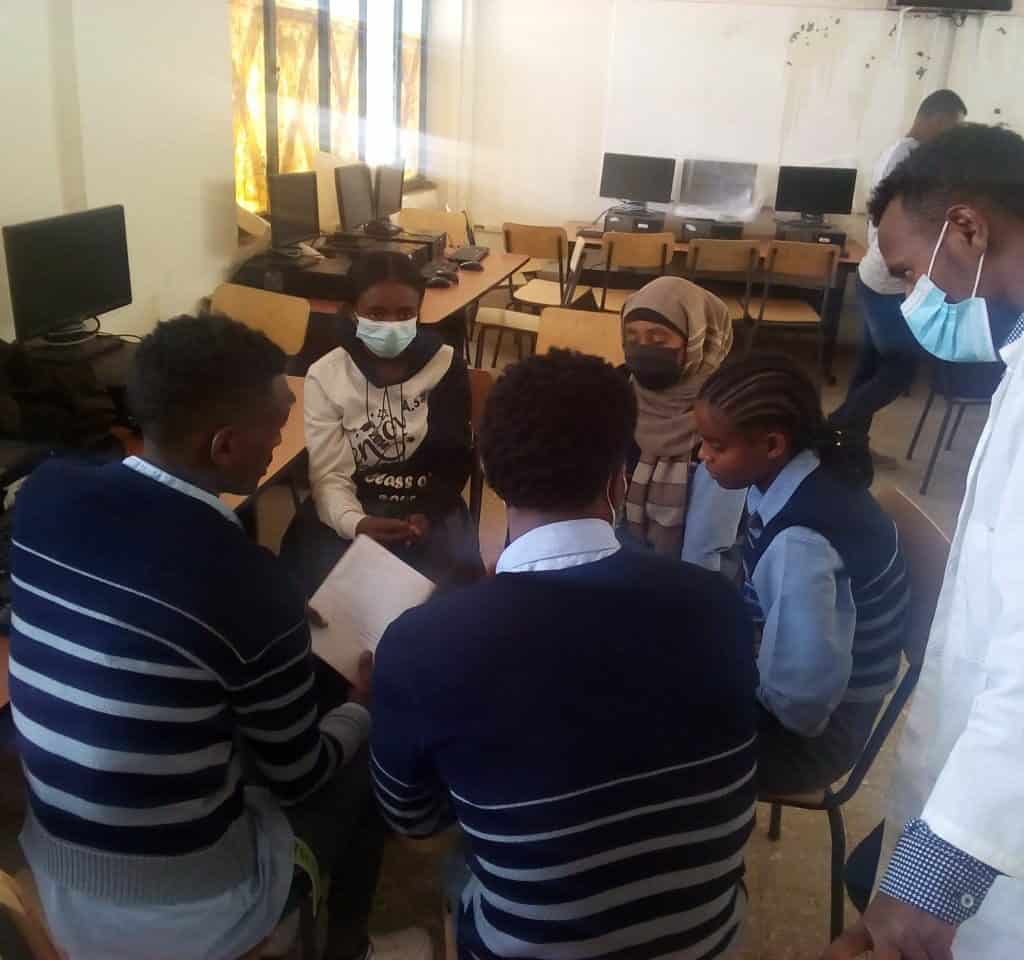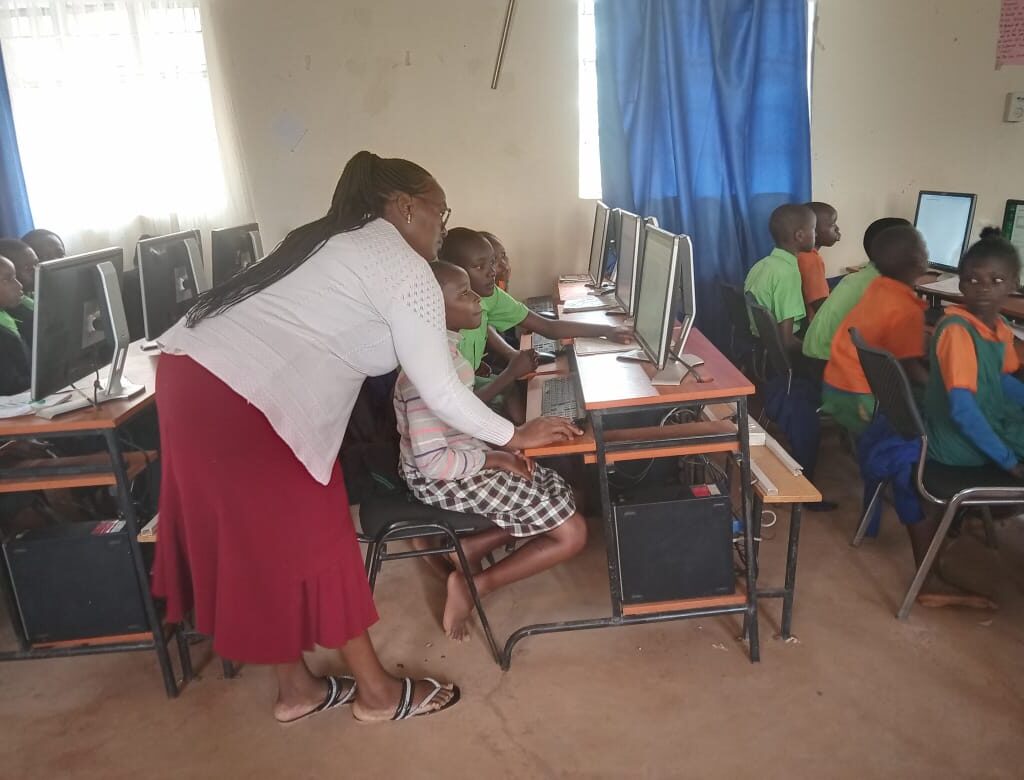
This November and December, students from Makongo Junior Secondary School (JSS) in Kenya had the exciting opportunity to engage in hands-on digital learning at the Ukia CIC Hub, located just 11 kilometres from their school. Under the guidance of their teacher, Madam Joyce Musyoki, the students participated in a dynamic programme designed to equip them with essential digital skills and ignite a passion for technology.
The Ukia CIC Hub, which was equipped with computers through the STEM STEPS Project, is part of a collaborative initiative between Camara Education and Dell Technologies. The STEM STEPS Project aims to bring cutting-edge STEM resources to underserved communities in Kenya, opening up access to critical tools and training for the next generation of learners.
Building essential digital skills for the future
The programme provided a comprehensive introduction to technology, covering a variety of key concepts designed to foster both digital literacy and responsible technology use. Students participated in:
- Computer Basics and Typing Skills: Learning the fundamentals of using computers and developing typing proficiency.
- Digital Creativity using Paint Tools: Exploring creative expression through digital design.
- Scratch Programming for Basic Coding: An introduction to coding with Scratch, fostering problem-solving and logical thinking.
- Online Safety and Responsible Technology Use: Educating students on how to stay safe online and use technology responsibly.
- E-Waste Management and Environmental Responsibility: Teaching students the importance of responsible disposal and recycling of electronic waste.
The program provided not only technical knowledge but also an understanding of how technology can be harnessed to address pressing global issues like environmental sustainability.
Teacher’s perspective: A major advancement for students
Madam Joyce Musyoki, the teacher leading the students, was deeply impressed with the positive impact of the programme. Reflecting on the experience, she emphasised the importance of exposing students to technology at an early age to equip them for the future.
“The STEM STEPS Project is a game-changer,” she said. “It has provided opportunities that will inspire and empower these young learners for years to come. The Ukia CIC Hub is a vital resource for our community, offering access to tools and training that are crucial for preparing our students for the future.”
As the students wrapped up their learning sessions, Madam Joyce made a commitment to continue bringing her students to the Ukia CIC Hub regularly. “The foundation has been laid for continued growth in technology and education,” she noted. “We are preparing our students to thrive in an increasingly digital world.”
Looking Ahead: Transforming communities through education
The success of the Ukia CIC Hub demonstrates how targeted investments in education can create transformative change in underserved communities. By providing students with the digital tools and skills they need, programmes like the STEM STEPS Project are laying the groundwork for brighter futures. As the students return to Makongo JSS, the lessons learned and the skills acquired are certain to have a lasting impact on their educational journey.
This initiative is just one example of how Camara Education’s partnership with Dell Technologies is bringing meaningful change to communities across Kenya. Through access to modern technology and a focus on digital education, the path is being paved for the next generation of tech-savvy learners who will shape the future.
